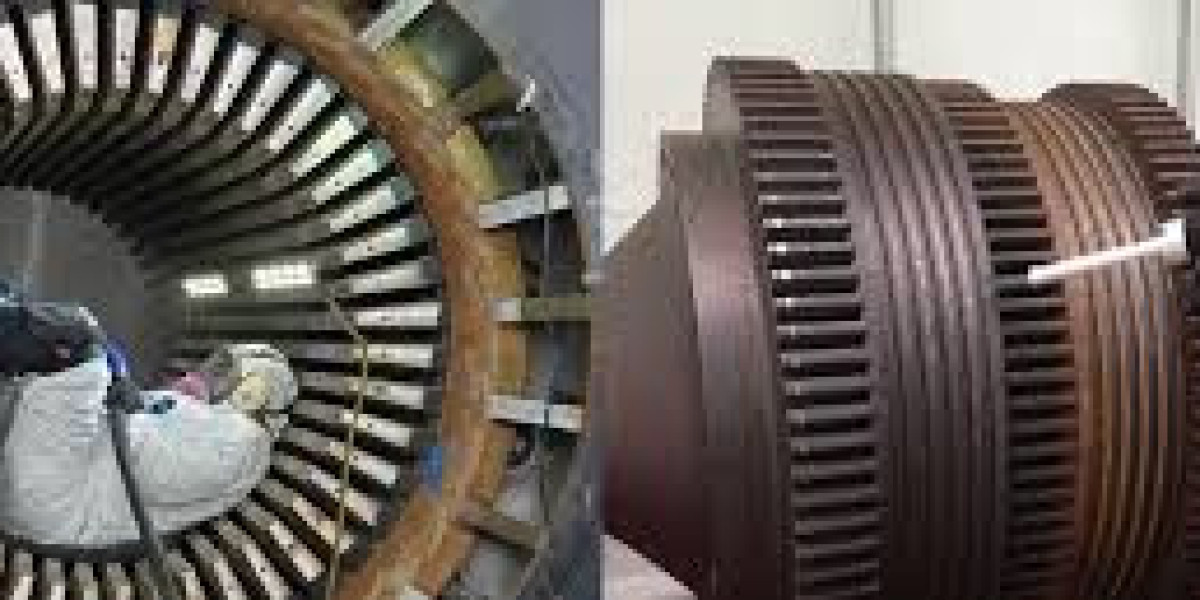Revolutionizing Industrial Cleaning: The Power of Dry Ice Blasting
Modern industries need cleaning methods that are fast, safe, and environmentally friendly. Traditional methods like water washing, sandblasting, or harsh chemicals often cause damage, downtime, or secondary waste. This is why many companies now rely on dry ice blasting—a cutting-edge cleaning technology that is efficient, residue-free, and suitable for sensitive equipment.
Dry ice blasting isn’t just a cleaner alternative—it’s a smarter one.
What Makes Dry Ice Blasting Different?
Dry ice blasting uses solid carbon dioxide (CO₂) pellets, propelled at high speed through a special nozzle using compressed air. When these frozen pellets strike a surface, they create a powerful cleaning effect through:
Impact energy: Knocks off dirt, paint, grease, and more
Thermal shock: Extreme cold causes contaminants to crack or release
Sublimation: Pellets turn directly into gas, leaving no moisture or debris
The process is dry, non-abrasive, and completely non-conductive—making it ideal for delicate machines and electronics.
Key Benefits for Businesses
Industries prefer dry ice blasting not just for cleanliness, but because it reduces risk, labor, and downtime. Here's how:
No water or chemicals: Perfect for electrical parts, food processing areas, and controlled environments
No disassembly needed: Clean machinery in place without shutdowns
No damage to surfaces: Safe for stainless steel, painted parts, and wiring
Minimal cleanup: Since dry ice vaporizes, there’s no mess left behind
Eco-friendly: No secondary waste and fewer emissions compared to chemical cleaning
Industries That Depend on Dry Ice Blasting
1. Food & Beverage Manufacturing
Dry ice blasting removes baked-on residue, grease, and allergens from mixers, conveyor belts, and ovens—without chemicals or water, which helps reduce contamination risk.
2. Power Generation & Electrical
Transformers, turbines, generators, and control panels can be cleaned live without shutting down operations. The process is dry and non-conductive, perfect for sensitive areas.
3. Automotive & Aerospace
Dry ice blasting is used to clean engine parts, molds, and assemblies. It helps remove adhesives, carbon build-up, and rubber residues—keeping production lines clean without damaging components.
4. Pharmaceutical & Medical Device Manufacturing
Dry ice blasting is ideal for clean rooms and sterile environments. It safely removes biofilm and residues from stainless steel, glass, and precision instruments.
5. Fire & Mold Restoration
After fire or flood damage, dry ice blasting restores wood, brick, and metal surfaces by removing soot, mold, and smoke damage—without sanding or chemicals.
Real-Life Example
A large bakery once needed to clean its ovens between production runs. Traditional water cleaning required 8+ hours of shutdown. With dry ice blasting, cleaning took only 2 hours—no drying time, no mess, and zero chemical residue. Production was back up the same day, saving thousands in lost output.
What to Expect When You Book a Dry Ice Blasting Service
On-site inspection: Professionals assess your equipment and contamination type
Customized solution: The right dry ice grade and blasting pressure are chosen
Minimal disruption: In-place cleaning reduces downtime
Fast results: Most surfaces are restored in a fraction of traditional time
Is It Safe?
Yes—when handled by trained operators. While dry ice is non-toxic, it can cause burns on contact, so proper gloves and safety gear are always used. The blasting process should also be done in ventilated spaces to prevent gas buildup.
Final Thoughts
Dry ice blasting is more than just a cleaning method—it's a high-performance solution for modern businesses that demand safety, speed, and environmental responsibility. Whether you're maintaining machines, restoring fire-damaged property, or preparing a food-safe production line, dry ice blasting delivers results without compromise.
If your business needs a cleaning method that won’t slow you down or damage your equipment, dry ice blasting may be the smartest investment you make this year.








